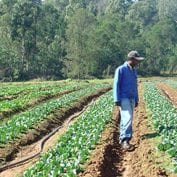
Improving Potato and Tomato Yields in Kenya
TechnoServe, in partnership with Syngenta, is working to increase productivity and improve the market for these crops through Mavuno Zaidi.

TechnoServe, in partnership with Syngenta, is working to increase productivity and improve the market for these crops through Mavuno Zaidi.
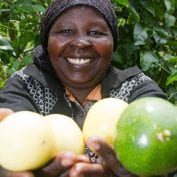
Post-harvest losses in the value chain reduce incomes for mango farmers in Kenya. TechnoServe in partnership with the Rockefeller Foundation launched a pilot project in July of 2015 to address key areas where post-harvest losses can be reduced.
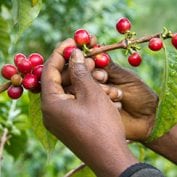
The Coffee Initiative worked with local farmers in East Africa to improve agronomy and business practices, establish new coffee cooperatives and strengthen existing ones, and help cooperatives create business plans and access financing for wet mills.
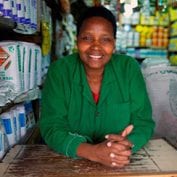
"Mom and pop” shops play a critical role in developing economies around the world. In partnership with the elea Foundation and Citi Foundation, TechnoServe is working to increase the profitability of 840 high-potential shops in Nairobi, the majority of which are women-operated or women-owned.
TechnoServe's William Odhiambo reflects on lessons learned from the SPADE project about empowering women in rural Kenya.
Rural development expert Cleopatra Ngulube explores the role of agribusiness in addressing youth unemployment.
TechnoServe's Michael Elliott discusses the successes, challenges and future of information and communications technologies for agriculture.
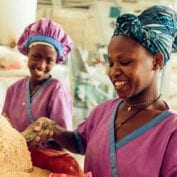
The Partners in Food Solutions (PFS)-TechnoServe Alliance matches the expertise of leading global food companies with the needs of African-based food processing companies in Ethiopia, Kenya, Malawi, Tanzania, and Zambia.
Young Africans are improving their livelihoods, creating jobs and strengthening their communities with the support of the STRYDE program.
Nespresso’s sustainability strategy calls for an expansion of its efforts with TechnoServe to support coffee farmers in East Africa.